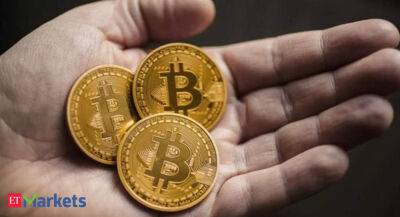Poor countries forced to cut public spending to pay debts, campaigners say
The lack of an effective debt relief scheme is forcing some of the world’s poorest countries to cut public spending in order to keep up payments to their creditors, research reveals.
A report by Debt Justice says the most heavily indebted nations were expected to reduce public expenditure by 3% on average between 2019 and 2023 despite the need to counter the impact of spiralling food and energy prices.
Using International Monetary Fund data for debt and public spending, the campaign group said the disparity between high and low-debt countries highlighted the need for more comprehensive relief. Low-debt countries will increase spending by an average of 14% between 2019 and 2023.
The report is published to coincide with an inquiry this week by the House of Commons international development select committee into the debt crisis in low-income countries, which is causing concern at both the IMF and the World Bank. Debt Justice – formerly the Jubilee Debt Campaign — said Britain should use its power to make private lenders take part in debt relief.
The group’s senior policy officer, Tess Woolfenden, said: “Lower-income countries are being forced to prioritise debt payments over public spending on healthcare or access to food, right at a time when spending is so urgently needed.”
In the early stages of the Covid-19 pandemic in 2020, the G20 agreed a common framework for the treatment of debt, but no country has yet benefitted from relief through the scheme, in part because of opposition from private lenders.
Noting that 90% of bonds of countries eligible for the G20’s debt relief scheme were governed by English law, Woolfenden said: “The UK must act to make private lenders take part in debt relief. Debt repayments to wealthy lenders
Read more on theguardian.com





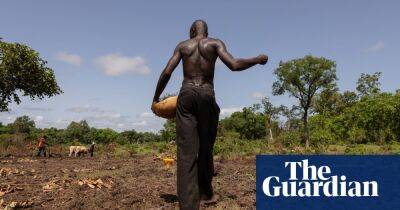
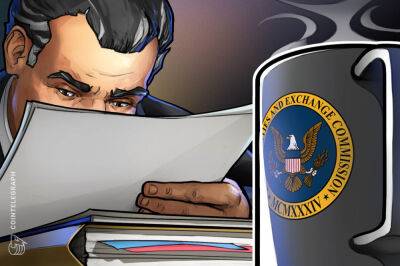

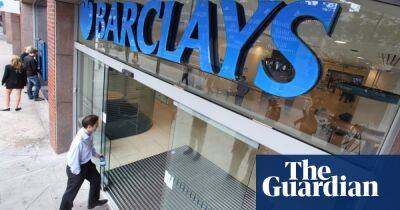


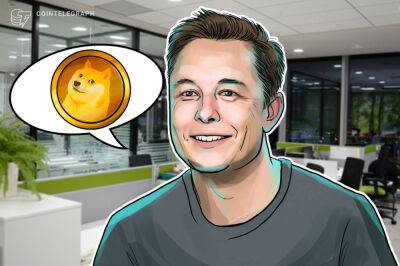



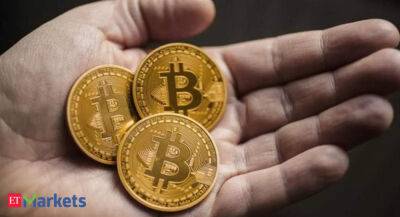
![Up by 8%, can Avalanche [AVAX] really hold its price trajectory - ambcrypto.com](https://finance-news.co/storage/thumbs_400/img/2022/7/7/32509_ffg.jpg)


